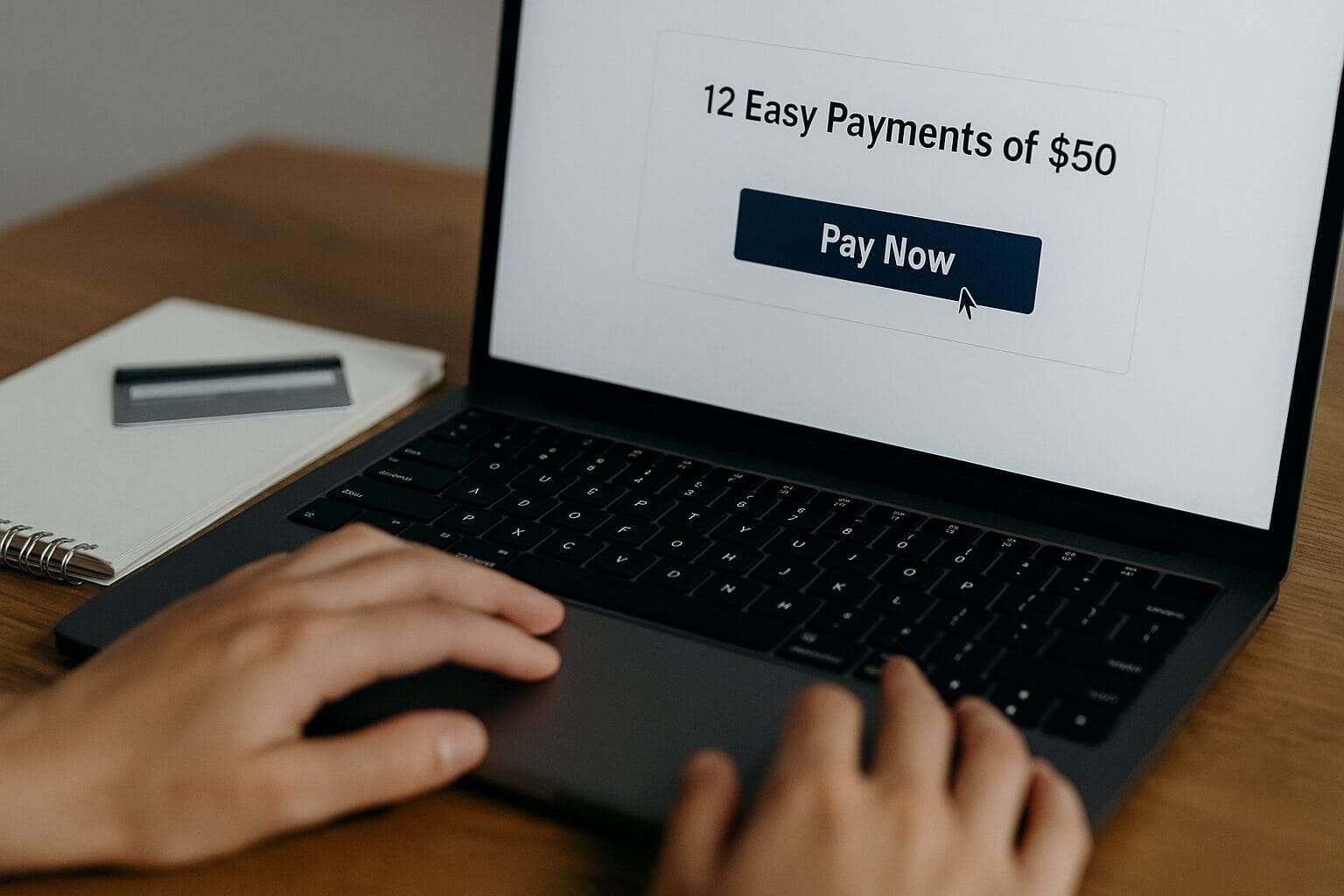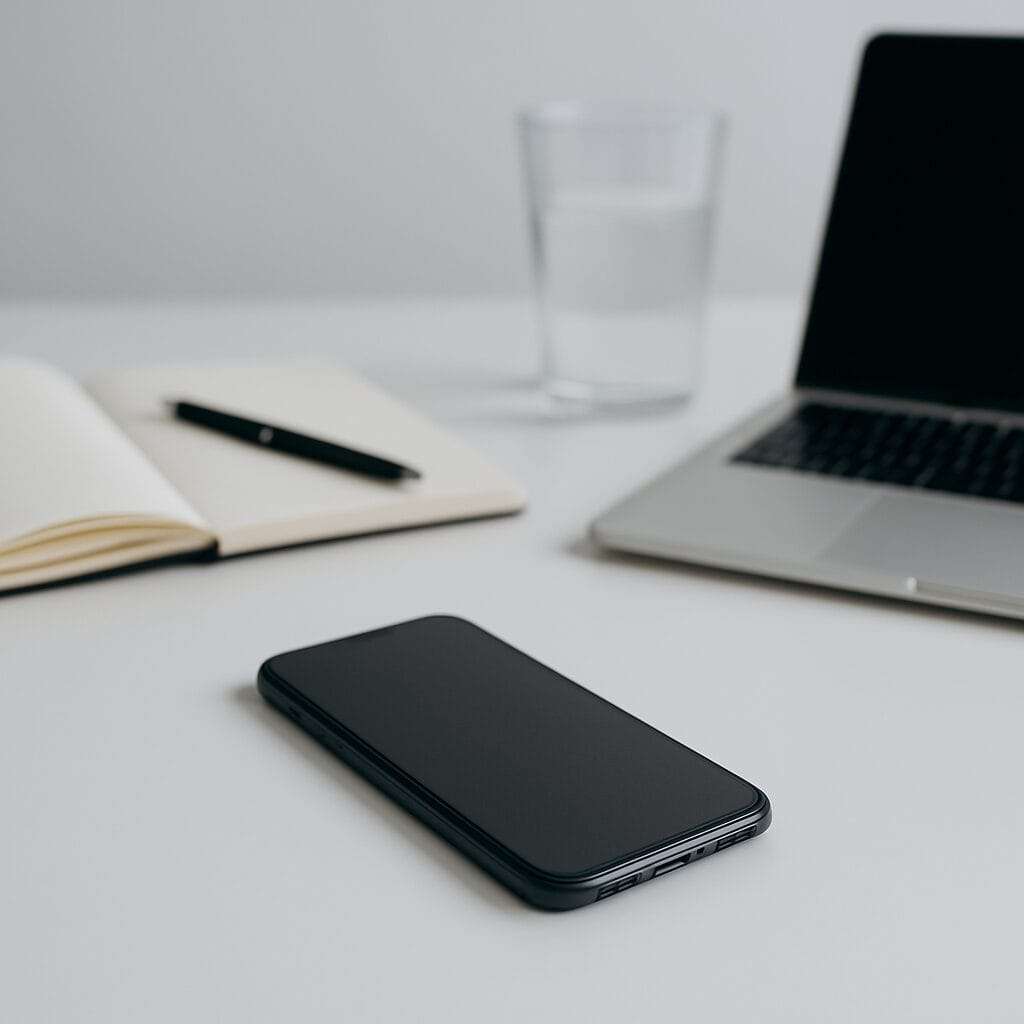- Updated: July 11. 2025
You’re not broken. You’re wired for quick hits instead of deep roots — because social media trained you that way.
I’ve spent years helping high-functioning leaders see the quiet patterns that run their lives. One of the sneakiest? How social media rewires your mind — hijacking your focus, fracturing your creativity, and draining the very authority you’re trying to build.
Why does this matter? Because your ability to lead, heal, and create real impact depends on breaking the habits that keep you reactive, distracted, and chasing someone else’s noise.
So let’s unpack the trap — and how to break it.
Because if you’re a leader or creator, this isn’t just about staying productive. It’s about protecting your mind. And it’s time to take it back.
🧠 Why Leaders Need to Get Real About Social Media’s Grip
Let’s be honest — part of me wants to say, “You’re grown. Figure it out.”
But the truth?
Most don’t.
Unless you’ve got a background in psychology, marketing, or you’re just suspicious by nature, you’re probably following “what’s working” — hoping something sticks.
So you keep posting.
Tweaking captions.
Throwing content into the void — just to scrape a sliver of visibility in a sea of people screaming to be seen.
🐙 Deep in the Strategy Sea
Maybe you’ve read Blue Ocean Strategy or devoured Freakonomics and thought:
“I’m smart. I can play this differently.”
So you do what every ambitious owner does:
You dive in.

Uncle Jim’s on Facebook.
Your old coworker’s on LinkedIn.
Your friend’s friend swears TikTok changed her business overnight.
And you think:
“Okay — this must be it.”
But it’s not.
If anything, you’ve just submerged yourself deeper — into a warm, endless oasis of dopamine hits that keep you confused, hooked, and convinced you’re missing the one magic lever.
Next thing you know? You’re making “12 easy payments of $50” for a promise that never quite scratches the mental itch it created.
💸 12 Payments to Nowhere
Then comes the pitch.
You scroll.
You see people with followers for days, chanting: “Don’t give up! You just need my system!”
Their “system,” by the way? Years of testing. Agencies. Big budgets. Funnels on funnels.
But for you? “Just $499 — or 12 easy payments of $50.”
Wild. But real.

Not all of it’s a scam — but here’s the hook:
Most of it feeds the same trap social media already planted in your brain:
Urgency.
Insecurity.
Over-reliance on borrowed scripts.
A slow erosion of your actual voice.
And that’s the real cost: you think you’re growing your reach — but you’re shrinking your edge.
🚨 The Hidden Cost: Depth Dies First
Most people think social is just a time suck. But it’s deeper than that — it rewires how you show up.
It teaches you to crave quick feedback, perform instead of process, and chase trends instead of building truth that lasts.

You start out posting with purpose.
But somewhere along the line, your focus fractures:
🧩 Long-form feels impossible.
🧩 Silence feels unsafe.
🧩 Algorithms become your boss.
This isn’t a conspiracy — it’s by design.
Sean Parker, Facebook’s first president, admitted they built it to “exploit human psychology.” Tim Kendall, their monetization director, called it addictive by design.
Every scroll, like, or ding hits your brain like sugar — training you to crave the rush, not the roots.
So you think you’re “building a brand.”
But really, you’re building under the influence — pouring your best ideas into someone else’s machine.
And the cost?
Your voice starts to sound like everyone else’s.
Your depth dries up.
And your authority — the real kind that people trust when the trends die — goes quiet.
So — now you see it. The scroll didn’t just eat your time. It ate your depth.
Good news?
You don’t have to throw your phone in a lake or move to the woods.
You just need to break the loop — and rebuild your focus where it can’t be bought.
Here’s how you start getting it back.
🔑 How to Take It Back
Reclaiming your mind from social’s grip isn’t about disappearing — it’s about leading on your terms, not the algorithm’s. Start here:

✏️ 1️⃣ Write Before You Scroll
Don’t open your feed to “get inspired.” Open your brain first.
Draft your post, outline your podcast, or scribble your raw idea offline. Then — maybe — see what’s trending.
Your truth comes before the trend.
🚫 2️⃣ Build In Blank Space
Your best thoughts won’t come while doomscrolling. They show up in silence — driving, walking, showering, staring out the window.
Guard that blank space like profit. If your brain is always plugged in, your voice never has room to breathe.
🔒 3️⃣ Own What You Build
Platforms rise. Algorithms shift. But your site? Your newsletter? That’s yours.
Stop renting all your authority to feeds you don’t control. Put your best ideas where they compound — not where they vanish in 24 hours.
🗂️ 4️⃣ Set Limits That Actually Have Teeth
Screen timers are cute — until you ignore them. Instead, decide when you will be on, and stick to it.
Make “Do Not Disturb” your default. Log out. Put the phone in another room.
Your nervous system will squirm — that’s how you know you’re training it back.
🧭 5️⃣ Remember Who Benefits
Every minute you scroll, someone profits. And it’s not you.
You’re not the product. You’re the asset.
Act like it.
The bottom line?
Your mind isn’t for rent. Your voice doesn’t need an algorithm to be valuable.
Take it back. Build slow. Go deep.
And when the likes dry up, your authority will still be standing.
🏁 What Happens When You Stop Performing for the Feed
You don’t have to burn your social to the ground.
You don’t have to ghost every platform forever.
You just have to remember: your mind, your message, your depth — that’s yours. Not theirs.
When you stop chasing quick hits, you get your time back.
When you stop waiting for the likes, you get your clarity back.
When you stop performing for the feed, you start showing up for yourself.
And the truth?
The people who matter will feel that shift — and they’ll follow you off the scroll.
Where your real authority lives.
If this stirred something awake in you — write me a note.
Or listen to my podcast for more unpolished, un-optimized truth about building what actually lasts.
And when you’re ready to stop performing for an algorithm and lead for real?
You know where to find me.



